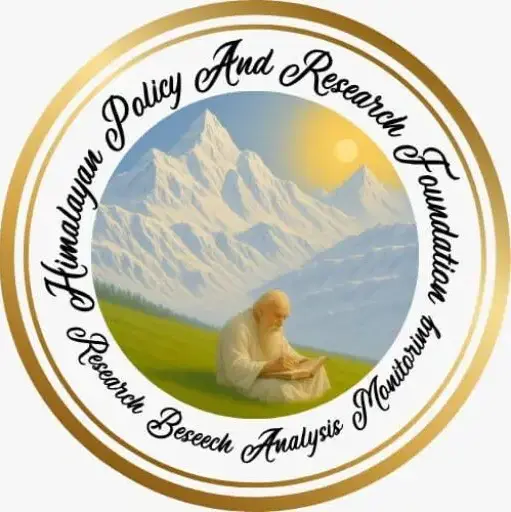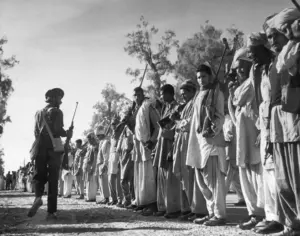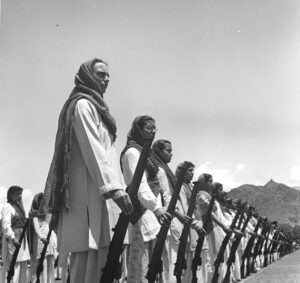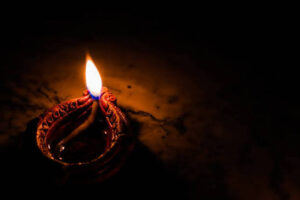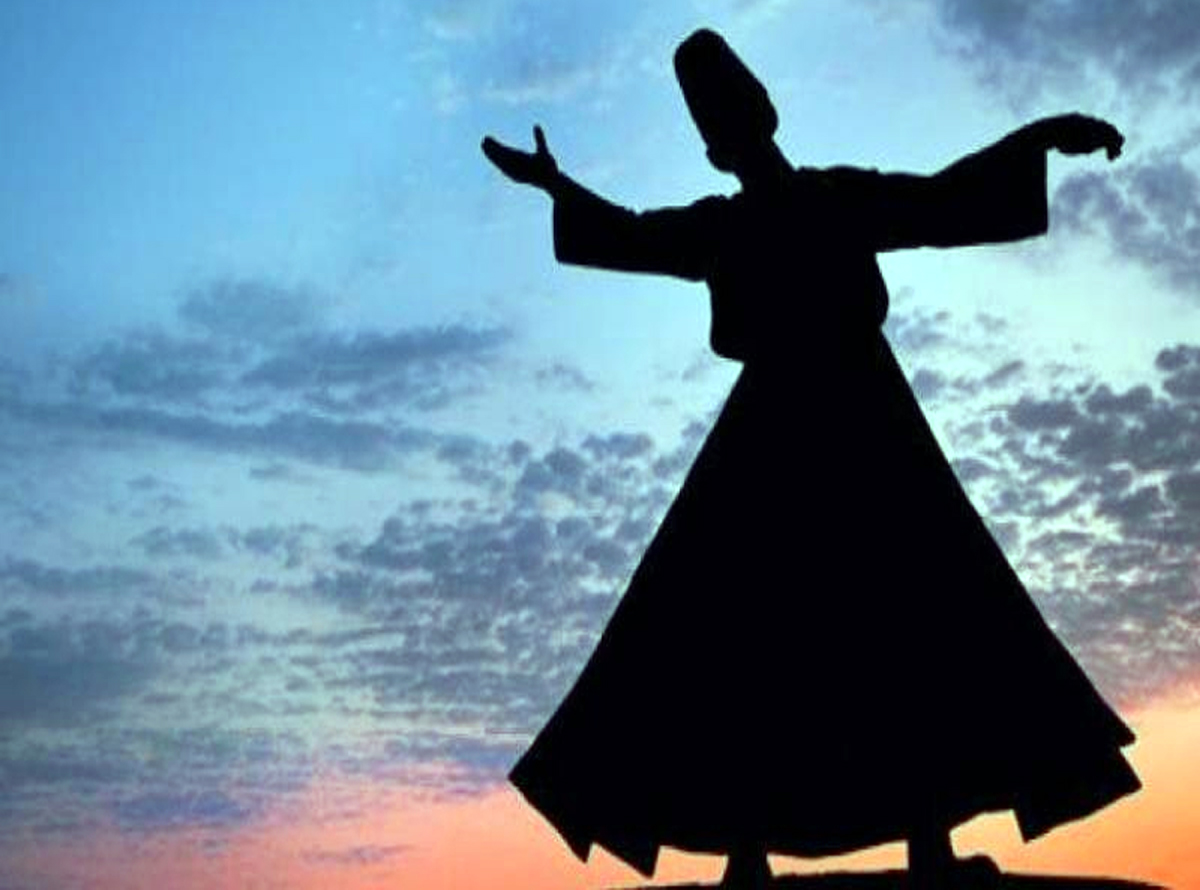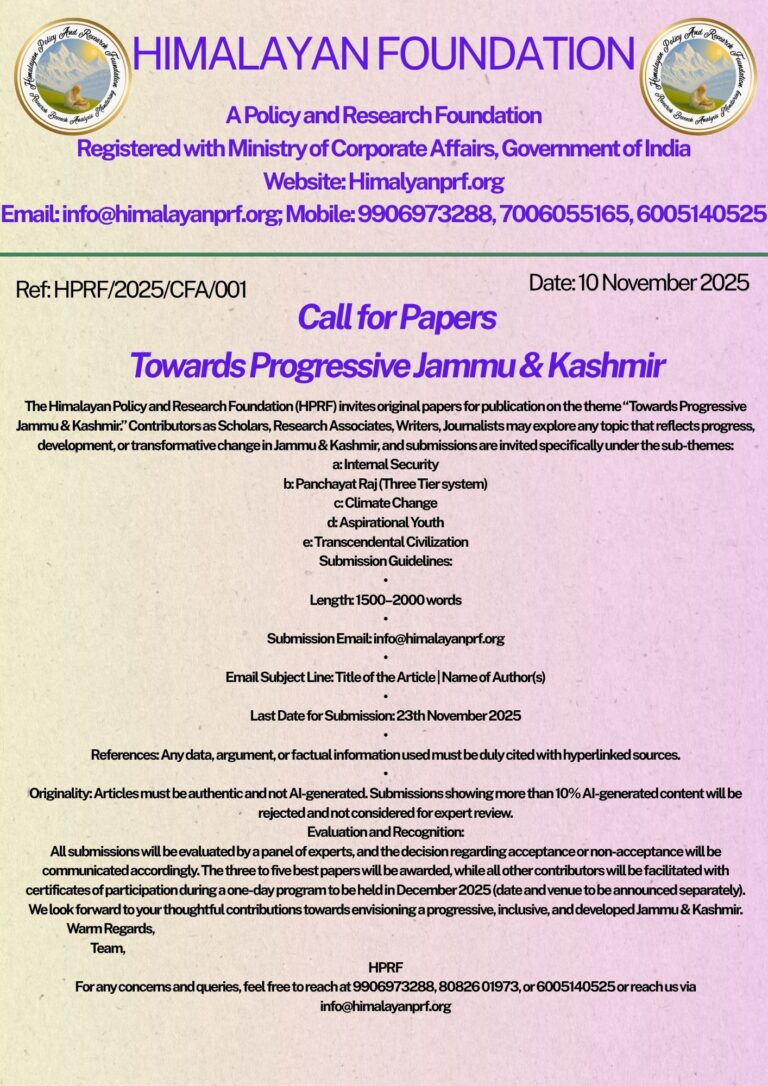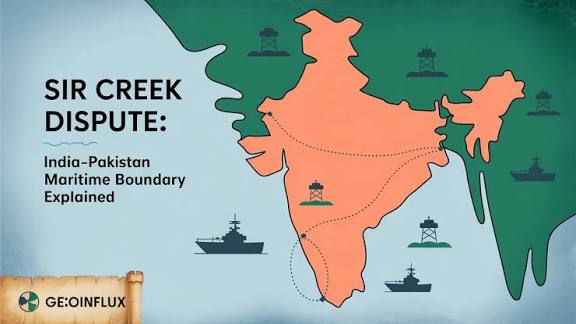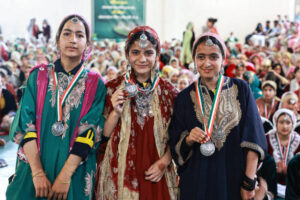Written By: Imran Sidique Pandith ( Academician )
You know, people call the Kashmir Valley “Paradise on Earth,” but honestly, it’s more than just postcard views and Instagrammable lakes. This place is like a spiritual pressure cooker—centuries of poetry, oral storytelling, and mysticism bubbling together. The real magic isn’t locked away in some dusty scroll; it is in the songs your grandma hums, the wedding chants, the wild Ladishah street performances, and—of course—the haunting verses of the Sufi poets. All that stuff? It’s where Kashmir’s big ideas about unity, love, loss, and being human quietly live and breathe.
Let’s wade into it. Not with a boring lecture, but by poking around how these stories and songs sneak deep philosophy into the everyday.
Folklore: Not Just Bedtime Stories
Nature isn’t just background scenery in Kashmiri tales—it is the main character. Think: Harmukh peak, Dal Lake, centuries-old chinars, nightingales, and saffron fields. It is not just “look, pretty!”—these things are basically sacred. Take the saga of Heemal and Nagrai. Yeah, people call them the Kashmiri Romeo and Juliet, but there’s more. Nagrai, the serpent king, chilling in the mystical world under our noses, falls for Heemal. When he sheds his skin, it’s not just a reptile thing—it screams rebirth, sacrifice, letting go of ego. Deep, right?
Then you’ve got fables like Yemberzal or Boen Bwenji (The Weaver Woman). They’re obsessed with the way time circles around, how fate is basically your shadow, and why your choices matter. But forget preachy sermons—these stories use weird metaphors and consequences to get the point across. Greed? You’ll get wrecked. Truth? Always floats to the top. Compassion? That’s your get-out-of-jail card. So, yeah, Kashmiri folklore isn’t just for entertainment; it’s like an unofficial rulebook for life, wrapped in metaphors and magic.
Oral Traditions: The Valley’s Living, Breathing Memory
Ladishah. Man, if you haven’t seen one in person, you’re missing out. It is this rapid-fire, satirical song—half roast, half wisdom bomb. On the surface? Jokes and catchy rhymes. Underneath? A sharp critique of everything from politicians to nosy neighbors. Basically, Ladishah is the auntie at the wedding who’s hilariously honest but also low-key wise. It iss philosophy in disguise—mocking, but rooted in some deep truth. Like Sufis say, it is all about seeing past the surface (baatin).
Sample this:
“Yiman chu rozan mulk soozan,
Pyomich taamith pholwun poozan…”
(They rule while the people starve; I see even stones are worshipped.)
Then there’s wanwun—those hypnotic wedding songs everyone knows by heart. More than just “fill the silence” music, they’re woven with lessons about fate, patience, and sticking together. And honestly? The women who sing these are the real keepers of Kashmiri wisdom—passing down stories of heartbreak, resilience, and everything in between.
Sufi Philosophy: Heart Over Head
Kashmiri Sufism is wild. It’s this mashup of Persian mystics, homegrown Rishis, Islamic thinkers, and even a dash of Shaivism. Forget the rulebooks and dogmas—here, it is all about what you feel, not just what you recite. The heart (Qalb) is the real GPS to the Divine.
Tawheed—the big Sufi idea—isn’t just “God is one.” It is more like, “Hey, everything is one. You, me, that chinar tree, the guy selling noon chai—it is all connected.” Which, by the way, isn’t far from what the ancient Shaivite philosophers were saying. Sufi poets like Shams Faqir, Soch Kral, and Ahad Zargar were obsessed with this stuff:
“Me chu saari aalam andar,
Me chu saari saaz o saroor…”
(I dwell in the entire world, in every sound and melody.)
The message? Stop looking for God in some distant sky. Try listening to your own heartbeat, or the silence after a song, or even that moment of pain you’d rather forget.
And then there’s Ishq-e-Haqiqi—Divine Love. This isn’t mushy romance. It is a fire that burns away your ego, leaves you raw, transforms you. Love poems here aren’t about candlelit dinners; they’re about longing so intense, you vanish and find something eternal. Sufis call it fana (Annihilation), then Baqa (rebirth in the Real). Heavy stuff.
“Tsolh wandai beyi na wuchhum,
Sona maej sodaras tsatith…”
(She came and vanished again; I lost my golden mother in sleep.)
That line? It’s grief and enlightenment, all tangled together.
So, yeah. Kashmiri folklore, oral traditions, and Sufi poetry—they’re not just pretty words or old customs. They’re how people here make sense of a messy, beautiful world. And maybe—just maybe—there’s something in those echoes that the rest of us could use too.
Alright, let’s shake off the stiff academic tone and get real for a moment:
“Me chu saari aalam andar, Me chu Saari Saaz o saroor…”
(I’m everywhere—seriously, every sound, every melody, that’s me.)
That’s the kind of line that just grabs you by the collar and says, “Hey, stop looking up at the sky for God. Try breathing, listening to your own heartbeat, even sitting with your pain. That’s where the magic’s hiding.” The Sufi poets in Kashmir? They’re not about some far-off heaven—they’re talking about the stuff that’s right under your nose, or honestly, inside it.
2. Ishq-e-Haqiqi: Love, but on God Mode
The whole Kashmiri Sufi scene is obsessed with this idea of divine love (Ishq-e-Haqiqi). We’re not talking about your average Bollywood romance or some steamy crush. This is big, soul-destroying, ego-melting love—the kind that chews you up, spits you out, and leaves you a little closer to the truth.
“Tsolh wandai beyi na wuchhum, Sona maej sodaras tsatith…”
(She came, vanished, and I lost my golden mother in sleep.)
God, that hits hard, doesn’t it? The Sufi thing is: you find the real deal by losing everything else. You get lit up by love, you burn away your small self, and what’s left is something real—something eternal. It’s painful and gorgeous. Wild mix.
3. Khidmat and Saboori: Walk the Talk
Saints like Nund Rishi weren’t just sitting on mountaintops, meditating. Nope—they were all about khidmat (service), sabr (patience), and sukoon (inner peace). They basically said, “Forget chasing money and fighting over religion. Just help people. Be chill. Keep it humble.”
“Ann poshi teli yeli wan poshi.”
(Food will thrive when forests survive.)
Dude, that’s like ancient eco-wisdom, long before hashtags like #ClimateAction. Taking care of the earth isn’t a trend here—it’s deep, spiritual business.
4. Lalla: The Rebel Mystic
You can’t talk Kashmiri spirituality and skip Lalleshwari (Lal Ded). She’s like the punk rocker of the 14th century. Her vaakhs? They slap. She called out empty rituals, took shots at social divisions, and basically told everyone: “Stop the drama, look inside.”
“Shiv chuy thali thali rozan, Mo Zaan Hyond te Musalman.”
(Shiva is in everyone—so why the Hindu-Muslim?)
See? She didn’t care about your labels. For her, it was all about breaking down walls and realizing everyone’s got the same spark inside. She was the glue between old-school Shaivite mystics and the new Sufi crew, and her vibes still echo today.
5. The Big Stuff That Never Changes
If you zoom out, whether it’s folklore, music, or mystic poetry, Kashmir keeps coming back to a few golden rules:
– The divine’s not somewhere out there—it’s right here, in your messy, ordinary life.
– Everything’s connected. Doesn’t matter if you call it Tawheed, Advaita, or whatever.
– Heart over ritual. No one cares how many lamps you light if your soul’s switched off.
– Silence matters. Listening, looking inwards, that’s where clarity lives.
– Compassion, plain living, service—basically, just be a decent human and help out.
6. Why This Still Matters
Look, the world’s kind of a mess—conflict, identity fights, the planet melting down. Kashmir’s spiritual traditions? They offer some legit ways out:
– Use spirituality as resistance—don’t let the world turn you cold.
– Bridge religious divides with shared mystical vibes.
– Respect nature, don’t just hashtag it.
– Find sanity in song, humor, and quiet moments.
This isn’t just old poetry for tea-time reading. It’s living, breathing wisdom—passed down in stories, songs, even jokes. Not dead, not dusty.
Conclusion: The Valley’s Secret
Kashmir’s got this weird, wonderful knack for weaving nature, soul, and words into something transcendent. The stories and songs aren’t just pretty—they’re blueprints for how to live, love, and even die without losing your dignity. In the yellow bloom of a Yemberzal, the cackle of a Ladishah, the haunting song of a mystic at midnight—it’s all the same message:
The divine’s closer than your next breath.
Your heart is the real temple.
And honestly? Love’s the only road that matters.
( THE VIEWS EXPRESSED IN THIS ARTICLE ARE SOLELY THOSE OF THE AUTHOR )
